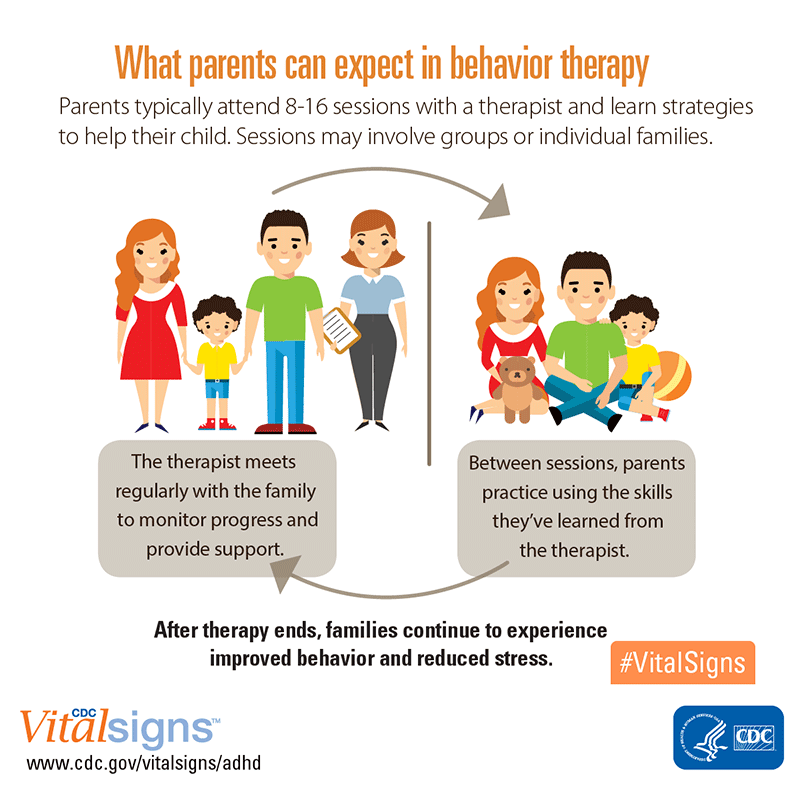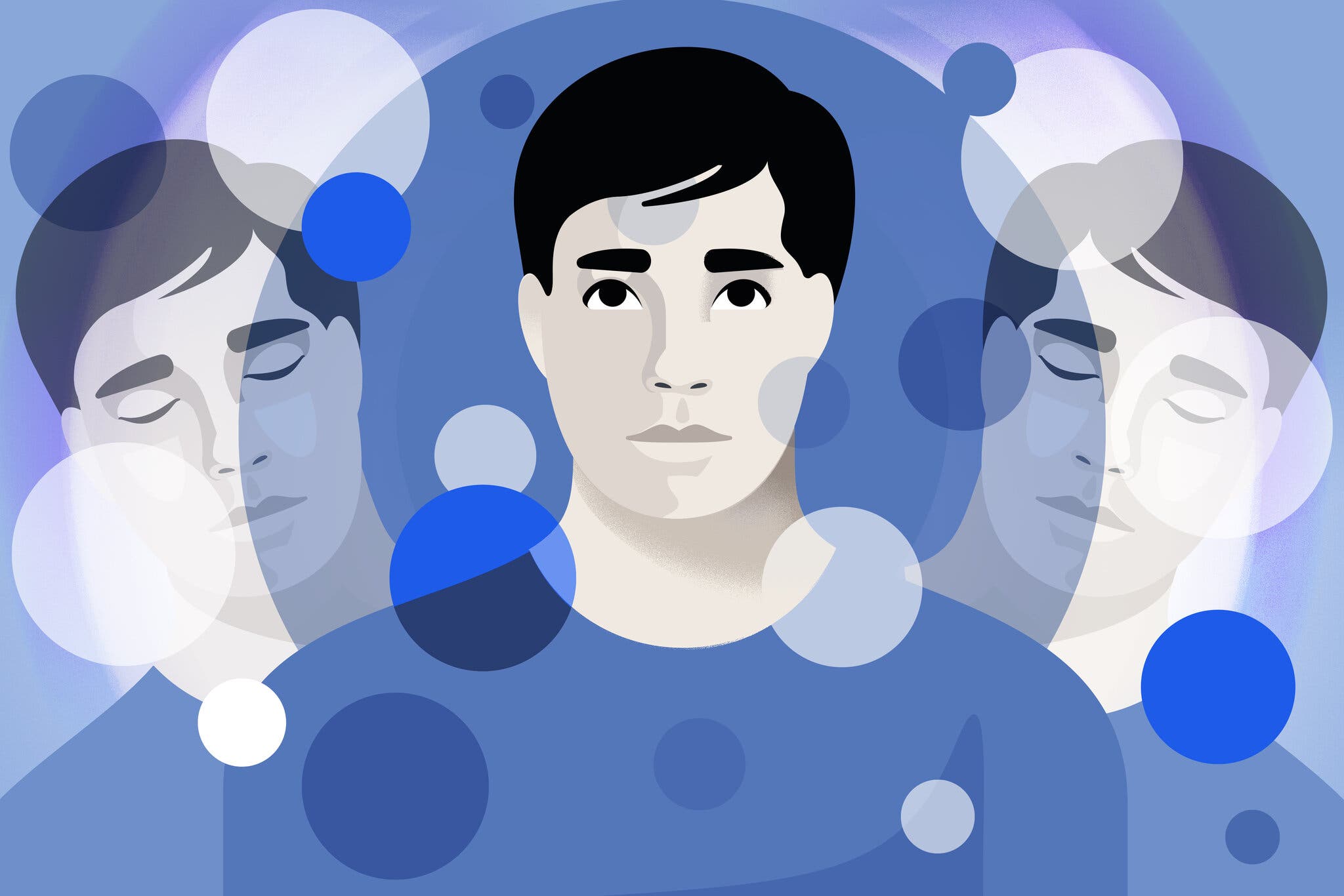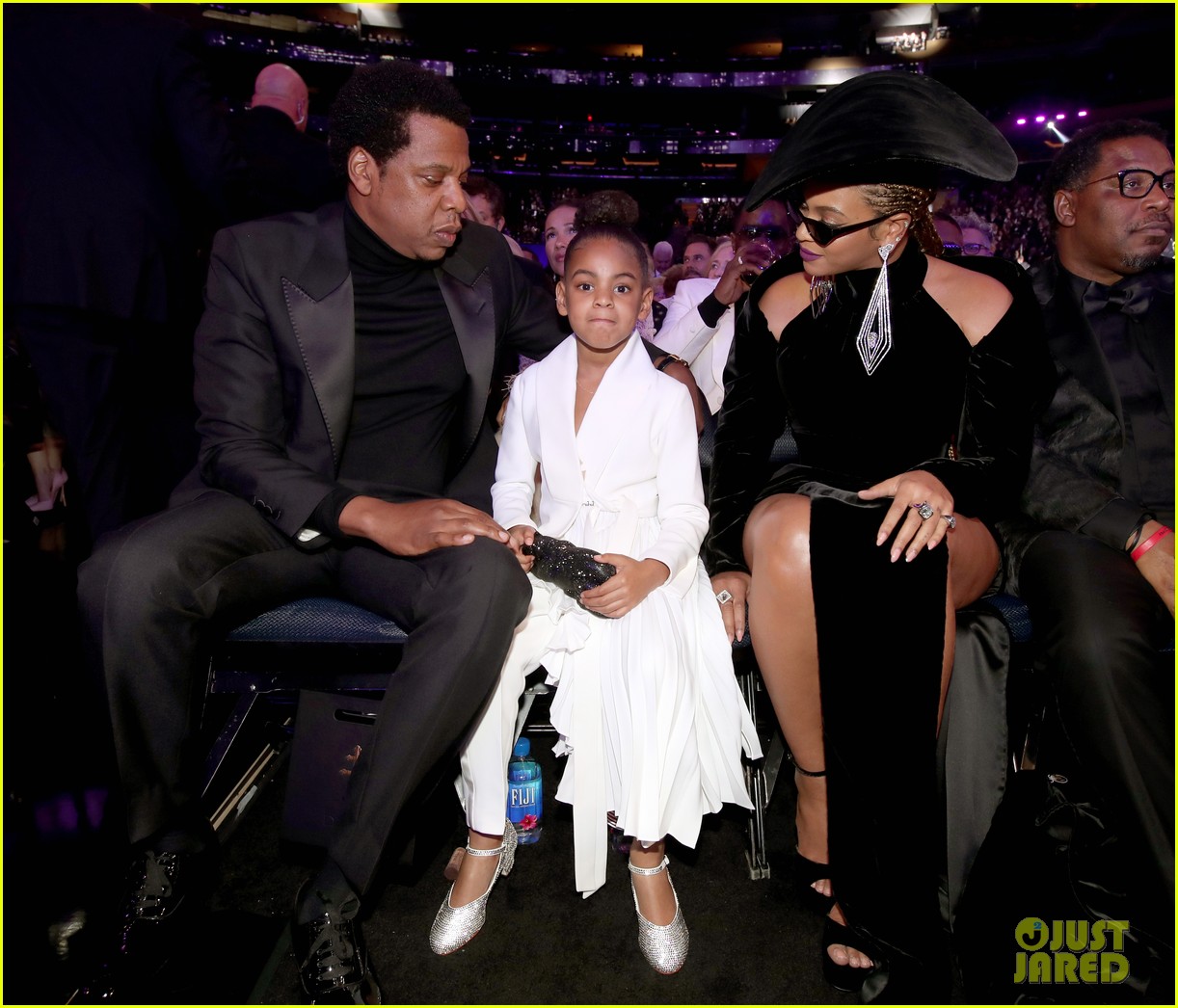Group Therapy And ADHD: A Comprehensive Guide To Support

Table of Contents
Understanding the Benefits of Group Therapy for ADHD
Group therapy offers a multitude of advantages for individuals with ADHD, far beyond what individual therapy alone can provide. The supportive environment fosters personal growth and empowers you to build a stronger foundation for managing your symptoms effectively.
Shared Experiences and Reduced Isolation
The feeling of isolation is a common experience for many people with ADHD. Understanding why you struggle, why your behavior patterns differ, can feel incredibly isolating. Group therapy provides a safe space to share your struggles and connect with others who truly understand.
- Feeling less alone: Sharing your experiences with others facing similar challenges can significantly reduce feelings of isolation and shame.
- Validation of experiences: Hearing others describe similar struggles validates your own experiences and helps normalize the difficulties of living with ADHD.
- Learning coping strategies from peers: Group members often share practical coping mechanisms and strategies that have worked for them, offering diverse perspectives and solutions.
The power of shared experience is transformative. Knowing you're not alone in your struggles creates a sense of belonging and reduces the stigma often associated with ADHD. This shared understanding creates a powerful foundation for growth and healing.
Skill-Building and Learning from Others
Group therapy for ADHD isn't just about sharing experiences; it's a dynamic learning environment. The collaborative nature of the group allows for skill-building through observation, practice, and peer feedback.
- Improved time management skills: Group members can share and practice effective time management techniques.
- Organization techniques: Learn and implement organizational strategies to better manage daily tasks and responsibilities.
- Emotional regulation strategies: Develop skills to manage emotions, reduce impulsivity, and improve self-control.
- Social skills development: Through role-playing and interactions within the group, individuals can enhance their social skills and communication abilities.
Specific examples of skill-building include role-playing challenging social situations, sharing practical tips for organizing a workspace, and collaboratively brainstorming solutions for overcoming procrastination. This collaborative learning approach fosters a sense of empowerment and self-efficacy.
Enhanced Accountability and Motivation
The dynamic of a group setting fosters a unique sense of accountability and motivation. The shared commitment to progress creates a powerful support system that encourages adherence to treatment goals.
- Increased motivation to follow through with strategies: The support and encouragement from fellow group members can increase motivation to implement learned techniques.
- Peer support and encouragement: Group members provide a supportive network to celebrate successes and navigate setbacks.
- Sharing progress and setbacks: Openly discussing progress and challenges helps build resilience and maintain motivation throughout the therapy process.
Sharing your goals and progress with others creates a sense of responsibility and encourages consistency. The group becomes a source of encouragement, celebrating successes and offering support during times of struggle.
Finding the Right ADHD Group Therapy
Finding the right group therapy setting is crucial for maximizing its benefits. Careful consideration of several factors can significantly improve the overall experience.
Types of ADHD Support Groups
Various types of ADHD support groups cater to specific needs and demographics. Choosing the right one depends on your individual circumstances.
- Adult ADHD groups: Focus on the unique challenges faced by adults with ADHD.
- Child/teen ADHD groups: Tailored to the developmental needs of children and teenagers.
- Parent support groups: Provide a supportive environment for parents of children with ADHD to share experiences and coping strategies.
- Groups focusing on specific ADHD challenges: Some groups focus on specific symptoms, such as impulsivity or inattention.
Understanding the differences between these groups allows you to find the best fit for your needs and ensure a positive therapeutic experience.
Finding a Qualified Therapist and Group
Finding a qualified therapist is paramount. A licensed therapist experienced in treating ADHD is essential to facilitating a productive and supportive group environment.
- Check therapist credentials: Verify the therapist's license and experience with ADHD.
- Research group dynamics and size: Consider the group's size and the therapist's approach to group dynamics. Smaller groups often offer more individual attention.
- Consider group location and scheduling: Choose a group that is conveniently located and scheduled to fit your lifestyle.
Use online searches, referrals from your doctor or psychiatrist, and your insurance provider's directory to locate qualified therapists and groups.
What to Expect in Your First Session
The first session often involves introductions and creating a safe and comfortable environment. Don't worry – it's designed to ease you into the group setting.
- Group introductions: Members introduce themselves and share a brief overview of their experiences.
- Icebreaker activities: Fun activities help break the ice and encourage interaction among members.
- Establishing group rules and expectations: Ground rules are set to create a safe and respectful environment.
- Discussion of shared experiences: The session may include a discussion of common challenges related to ADHD.
The first session is all about getting to know the group and feeling comfortable within the safe space established by the therapist.
Addressing Potential Challenges of Group Therapy for ADHD
While group therapy offers immense benefits, it's important to acknowledge potential challenges and develop strategies to address them.
Managing Distractions and Impulsivity
Distractions and impulsivity are common ADHD symptoms that can impact participation in a group setting.
- Mindfulness techniques: Practicing mindfulness can help improve focus and attention during group sessions.
- Structured group activities: Structured activities can help maintain focus and minimize distractions.
- Support from the therapist and group members: The therapist and other group members can offer support and strategies for managing these symptoms.
Therapists skilled in working with ADHD adapt the group setting and activities to minimize distractions and create a more manageable experience for all participants.
Social Anxiety and Communication Difficulties
Some individuals with ADHD may experience social anxiety or communication difficulties, making group participation challenging.
- Gradual integration into the group: A gradual introduction to the group can help ease anxiety and build confidence.
- Building trust with the therapist and group members: A supportive and non-judgmental environment is essential for fostering trust and comfort.
- Practicing social skills: Group therapy provides opportunities to practice and improve social skills in a safe setting.
The therapist's role in creating a supportive and non-judgmental environment is crucial. They will work to build trust and facilitate open communication within the group.
Conclusion
Group therapy offers a unique and powerful approach to managing ADHD. By providing a supportive community, fostering skill-building, and enhancing accountability, it empowers individuals to overcome challenges and improve their quality of life. The shared experiences, collaborative learning, and peer support create a strong foundation for managing symptoms, building coping mechanisms, and improving social skills. Remember, finding the right support system is key to your success.
Ready to take the next step? Start your journey toward a more fulfilling life by searching for "ADHD support groups near me," "group therapy for ADHD adults," or "ADHD group therapy for children," depending on your specific needs. Don't let ADHD define you – find the right support, and embrace the power of group therapy to conquer your challenges.

Featured Posts
-
 Porsche Macan Electric A Deep Dive Into The New Drive Experience
Apr 29, 2025
Porsche Macan Electric A Deep Dive Into The New Drive Experience
Apr 29, 2025 -
 Parita Di Genere Nel Mondo Del Lavoro Una Realta Ancora Lontana
Apr 29, 2025
Parita Di Genere Nel Mondo Del Lavoro Una Realta Ancora Lontana
Apr 29, 2025 -
 The Tik Tok Effect Self Diagnosing Adhd
Apr 29, 2025
The Tik Tok Effect Self Diagnosing Adhd
Apr 29, 2025 -
 Tremor 2 Netflix Series Kevin Bacons Potential Return Explored
Apr 29, 2025
Tremor 2 Netflix Series Kevin Bacons Potential Return Explored
Apr 29, 2025 -
 Capital Summertime Ball 2025 Tickets Your Guide To Purchase
Apr 29, 2025
Capital Summertime Ball 2025 Tickets Your Guide To Purchase
Apr 29, 2025
Latest Posts
-
 Blue Ivy Rumi And Jay Z At The Super Bowl Analyzing Beyonces Absence
Apr 30, 2025
Blue Ivy Rumi And Jay Z At The Super Bowl Analyzing Beyonces Absence
Apr 30, 2025 -
 Super Bowl 2024 Blue Ivy And Rumis Fashionable Debut Beyonces No Show Explained
Apr 30, 2025
Super Bowl 2024 Blue Ivy And Rumis Fashionable Debut Beyonces No Show Explained
Apr 30, 2025 -
 Naacp Image Awards 2024 Beyonce Blue Ivy And Kendrick Lamars Big Night
Apr 30, 2025
Naacp Image Awards 2024 Beyonce Blue Ivy And Kendrick Lamars Big Night
Apr 30, 2025 -
 Jay Z Blue Ivy And Rumi At The Super Bowl Why Wasnt Beyonce There
Apr 30, 2025
Jay Z Blue Ivy And Rumi At The Super Bowl Why Wasnt Beyonce There
Apr 30, 2025 -
 Beyonce Blue Ivy And Kendrick Lamar Triumph At Naacp Image Awards
Apr 30, 2025
Beyonce Blue Ivy And Kendrick Lamar Triumph At Naacp Image Awards
Apr 30, 2025
